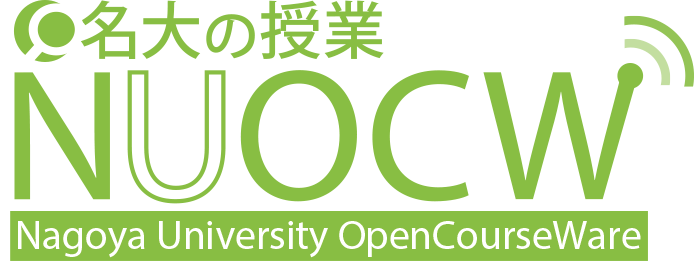比較国際教育学-2016

| 講師 | 山田肖子 教授 |
|---|---|
| 開講部局 | 国際開発研究科 2016年度 前期 |
| 対象者 | 国際開発専攻 (2単位・週1回全15回) |
授業の工夫
この授業では、教育学、教育社会学、比較国際教育学の理論を、学部で教育学を学んだことがない人でも分かるよう、嚙み砕いて概念の本質を伝えるように心がけています。本来であれば、何コマも割いて教える内容ですが、人が学び、教えるということはどんな営みなのか、教育を社会システムの一つのパーツと捉えたとき、どのような立場での分析がありうるかを、学生自身に考えてもらいます。いろいろな国から来た、バックグラウンドも多様な学生ですが、この分野の古典と言われるような文献を宿題として読み、それに基づいて、ディスカッションを行います。理論を暗記するのではなく、自分が属する社会をより深く理解するための思考の道具として使いこなすことを目指します。
Purpose and Description
The main objective of this course is to know and discuss about various perspectives on the meanings and functions of education in the society and for individual learners. For that objective, the students will be exposed to the research paradigms, methodologies, and issues of comparative education and relevant academic fields. While the course in the fall semester focused on school-based education, this course in spring semester will look at educational phenomena in the wider socio-economic, cultural, and political pictures. The questions to be raised include: What does it mean to educate people? And how is it interpreted from different perspectives?
In the first few sessions, the methodologies and theories will be reviewed as the basis of social analysis of education. Then, the following sessions will deal with issues regarding schooling, knowledge, and learning. There is no knowledge which is value-free. Knowledge taught in the official textbooks either. Therefore, in this class, students are expected to acquire the attitude to consider the meanings of education from comparative and multiple perspectives.
スケジュール
-
April 14: Introduction - Structure of the course - Why do we conduct international educational research?
-
April 21: Comparative education as an academic field - What is comparative education? - Ways of thinking, phenomena, and the methods to investigate
-
April 28: Social theories and education - From modernization to Basic Human Needs and Self-help - Education as a reproduction mechanism - Diploma disease - Hidden curriculum - Socialization
-
May 12: Social theories (1) Reproduction, World-system theories
-
May 19: Theories (2) Functionalism and criticism against functionalism
-
June 2: Theories (3) Human Capital Theory and criticism against it
-
June 9: Theories (4): Critical Pedagogy and the theory of de-schooling
-
June 16: Theories (5) Learner-centered education – experientialism and existentialism
-
June 23: Theories (6) Learner-centered education – developmental psychology
-
June 30: Social meanings of knowledge (1): Skills - Multiple channels of acquiring skills - Apprenticeship, industry, and schooling - Skills for survival and skills for economic development - Life skills (knowledge of environment, health/nutrition/sanitation)
-
June 30: Social meanings of knowledge (2): Literacy - Literacy in which language? - Literacy for income generation - Literacy for empowerment - Rural life, urban life, and utility of literacy
-
July 14: Presentation of term papers
Evaluation
-
Preparation for the class discussion 30%
- The preparation includes (1) reading the assigned articles / book chapters; (2) submitting comment papers in response to the questions given by the instructor -
Class participation 30% - In the class, the instructor will lead the discussion based on the opinions raised in students' comment papers.
-
Individual paper 40% - Students are assigned to write a paper on educational issues in relation to one or some of the theories learned in the class. The details will be explained later. The deadline of the paper submission is July 31, 2015.
投稿日
May 08, 2020
